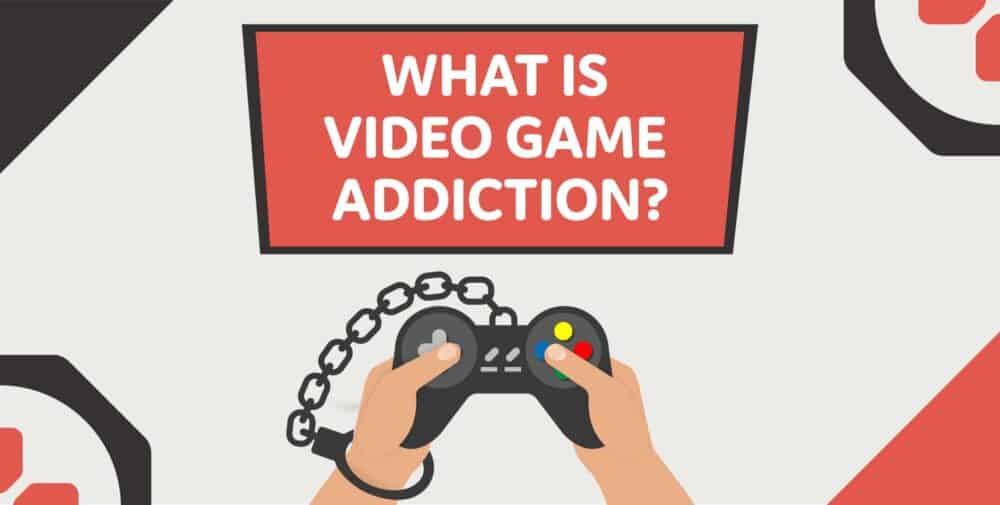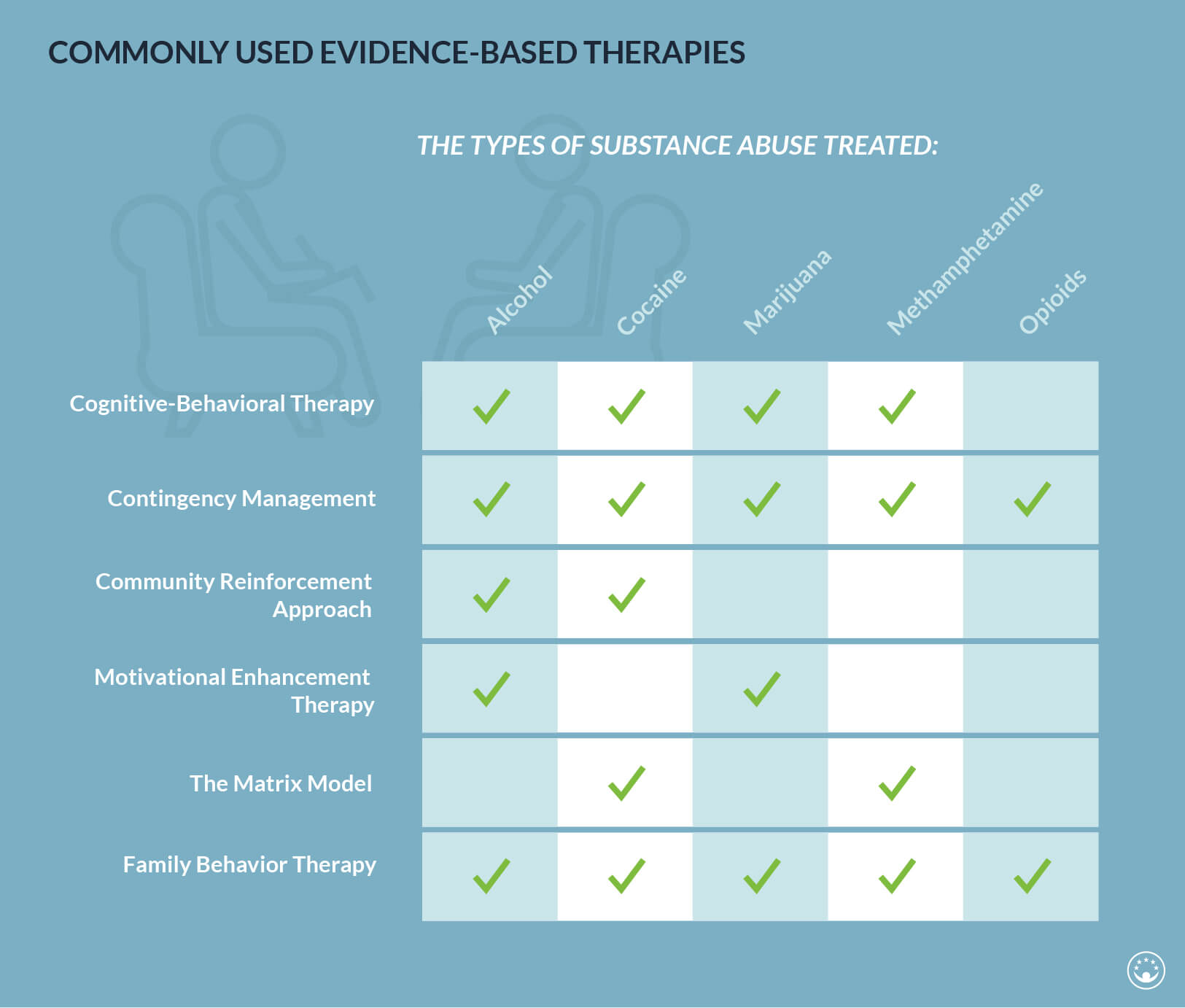Table of ContentsNot known Details About Alcohol Addiction - Reachout Australia Top Guidelines Of Alcohol Abuse - Harvard HealthLittle Known Questions About Why Is Alcohol So Addictive? - Michael's House.
SOURCES: Mayo Center: "Nutrition and healthy eating: Alcohol: If you drink, keep it moderate." American Psychological Association: "Understanding alcohol use disorders and their treatment." American Family Doctor: "Alcoholic Abuse: How to Acknowledge Issue Drinking." National Institute of Alcoholic Abuse and Alcohol Addiction: "Alcohol Usage Disorder," "Alcohol Use Condition: A Comparison In Between DSMIV and DSM5." University of North Carolina at Chapel Hill Bowles Center for Alcohol Studies: "Alcohol Addiction and Alcohol Abuse." CDC: "Alcohol and Public Health." American Academy of Family Physicians: "Alcohol Abuse.".
'Dependency' indicates having a reliance on a substance or activity. Unlike somebody who just 'wants' something, a person with an addiction will have physical yearnings and urges for the compound they're addicted to. Being addicted to alcohol, in some cases called being an alcoholic, suggests that you have a physical dependency on alcohol. When you drink greatly, your body gets used to the alcohol and experiences withdrawal signs if it's eliminated. Withdrawal symptoms include: Stress and anxiety or jumpinessShakiness or tremblingSweatingNausea and vomitingInsomniaDepressionIrritabilityFatigueLoss of appetiteHeadacheIn serious cases, withdrawal from alcohol can likewise include hallucinations, confusion, seizures, fever, and agitation. These symptoms can be unsafe, so talk with your physician if you are a problem drinker and desire to stop.
You have a consistent desire to lower or stop your alcohol use, however your efforts to give up have actually been not successful. You're spending less time on activities that utilized to be crucial to you (hanging out with friends and family, going to the gym, pursuing your hobbies) due to the fact that of your alcohol use.
You have couple of if any interests or social involvements that do not revolve around drinking. For instance, you recognize that your alcohol usage is harming your marriage, making your depression worse, or triggering health issue, but you continue to drink anyway. what are the physical and psychological signs of alcohol addiction. Denial is among the most significant barriers to getting aid for alcohol abuse and alcoholism.
By keeping you from looking truthfully at your behavior and its negative effects, rejection likewise intensifies alcohol-related issues with work, finances, and relationships. Drastically underestimating just how much you drinkDownplaying the unfavorable consequences of your drinkingComplaining that friends and family are overemphasizing the problemBlaming your drinking or drinking-related issues on othersFor example, you might blame an 'unfair manager' for trouble at work or a 'irritating partner' for your marital issues, instead of think of how your drinking is adding to the issue.
Some Known Incorrect Statements About Alcohol Addiction And Abuse: Learn About Alcoholism ...
If you discover yourself justifying your drinking routines, lying about them, or refusing to talk about the topic, take a moment to think about why you're so defensive. If you truly believe that you do not have an issue, you shouldn't have a factor to conceal your drinking or make reasons. Five misconceptions about alcohol addiction and alcohol abuse Maybe you can; more most likely, you can't.
The fact is, you don't wish to stop. Informing yourself you can give up makes you feel in control, regardless of all evidence to the contrary and no matter the damage it's causing. It's true that the choice to stop drinking depends on you. However you are tricking yourself if you believe that your drinking harms no one else but you.

Your issue is their problem. Alcohol addiction is NOT specified by what you drink, when you drink it, or perhaps just how much you consume. It's the EFFECTS of your drinking that define a problem. If your drinking is causing issues in your home or work life, you have a drinking problemwhether you consume daily or only on the weekends, down shots of tequila or stay with white wine, consume three bottles of beers a day or three bottles of bourbon.

Lots of alcoholics are able to hold down tasks, get through school, and attend to their households. Some are even able to excel. But even if you're a high-functioning alcoholic does not indicate you're not putting yourself or others in risk. With time, the impacts will catch up with you. Alcohol is a drug, and alcohol addiction is every bit as destructive as drug dependency.
Alcoholics go through physical withdrawal when they stop consuming, much like drug users experience when they give up. Alcohol addiction and alcohol abuse can impact all aspects of your life. Long-term alcohol usage can trigger severe health problems, affecting practically every organ in your body, including your brain. Issue drinking can also harm your psychological stability, financial resources, profession, and your capability to build and sustain gratifying relationships.
The Greatest Guide To National Helpline - Samhsa
Despite the possibly lethal damage that heavy drinking inflicts on the bodyincluding cancer, heart issues, and liver diseasethe social effects can be just as ravaging. Alcoholics and alcohol abusers are much more likely to get divorced, have problems with domestic violence, struggle with unemployment, and live in hardship. But even if you're able to prosper at work or hold your marital relationship together, you can't leave the https://penzu.com/p/b41e918f impacts that alcohol addiction and alcohol abuse have on your personal relationships.
Frequently, relative and close buddies feel obligated to cover for the person with the drinking issue. So they take on the problem of tidying up your messes, lying for you, or working more to make ends fulfill. Pretending that absolutely nothing is wrong and hiding away all of their fears and animosities can take a massive toll.
If you're prepared to admit you have a drinking issue, you've currently taken the primary step. It takes incredible strength and nerve to deal with alcoholic abuse and alcohol addiction head on. Connecting for assistance is the second action. Whether you select to go to rehab, depend on self-help programs, get treatment, or take a self-directed treatment approach, assistance is important.
Without assistance, it's easy to fall back into old patterns when the road gets tough. Your continuous healing depends upon continuing mental health treatment, finding out much healthier coping strategies, and making better choices when handling life's obstacles. In order to stay alcohol-free for the long term, you'll also have to face the underlying problems that resulted in your alcoholism or alcoholic abuse in the first location.
Such problems might end up being more prominent when you're no longer utilizing alcohol to cover them up. However you will be in a healthier position to finally address them and look for the aid you need.Admitting a loved one has an issue with alcohol can be unpleasant for the whole household, not simply the individual drinking.